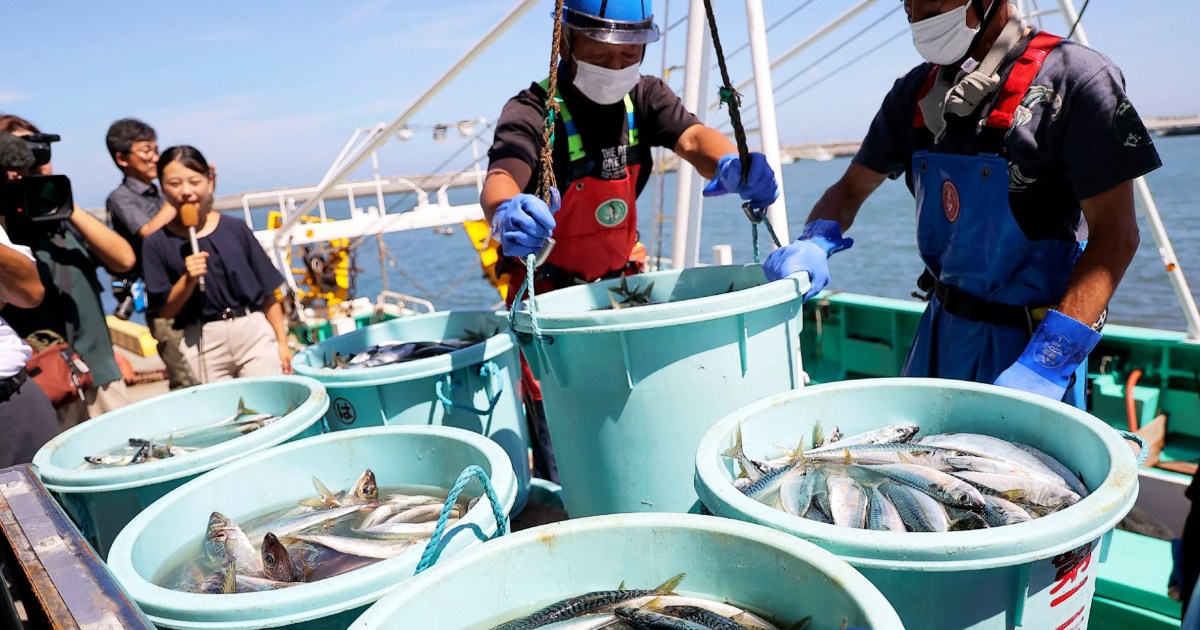The United States has started bulk buying Japanese seafood to supply its military there in response to China’s ban on such products imposed after Tokyo released treated water from its crippled Fukushima nuclear plant into the sea.
Unveiling the initiative in a Reuters interview on Monday, U.S. ambassador to Japan Rahm Emanuel said Washington should also look more broadly into how it could help offset China’s ban that he said was part of its “economic wars.”
China, which had been the biggest buyer of Japanese seafood, says its ban is due to food safety fears.
The U.N.’s nuclear watchdog vouched for the safety of the water release that began in August from the plant wrecked by a 2011 tsunami. G7 trade ministers on Sunday called for the immediate repeal of bans on Japanese food.



What’s your point? Uranium is not the only fissile radionuclide that can make its way into the contaminated wastewater. Also nuclear fuel contains a much higher concentration of fissile Uranium isotopes than what is found in nature. Lastly, the radionuclides in the wastewater are not going to be evenly mixed across all of the worlds oceans so that’s not exactly a useful thought experiment.
Let me put it this way, you could dump ten thousand Fukushimas straight into the ocean and given time to diffuse a bit, not notice a difference in oceanic uranium content.
The Oceans contain 1000 times more uranium than the known terrestrial deposits. This naturally includes the fissile isotopes.
But the real point is that it’s actually fairly easy to filter that shit out via reverse osmosis. Thus, the only thing that the Fukushima water contains is tritium, which is impossible to filter out of water.